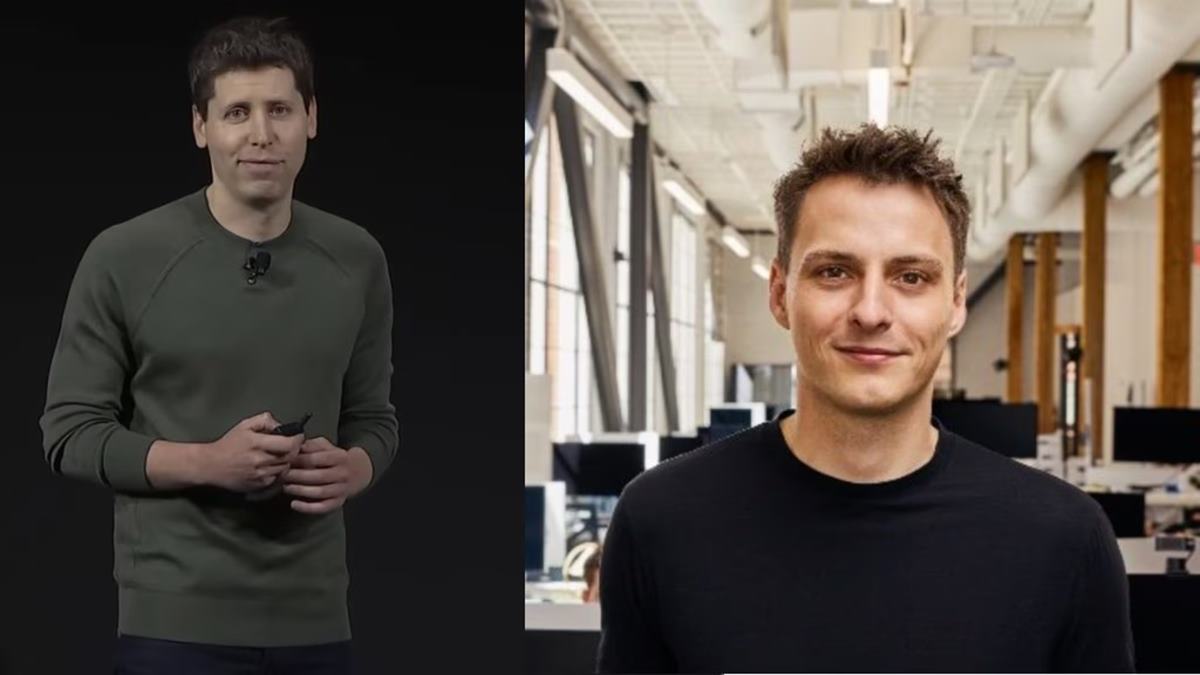Lyft CEO David Risher spent more than a decade working under two of the world’s most successful businessmen, Bill Gates and Jeff Bezos.
Perhaps predictably, Risher learned a lot, he says. When he joined Lyft as CEO in 2023, Risher pointed to specific lessons he picked up from Gates at Microsoft, where Risher was the general manager in charge of the Access database, and under Bezos at Amazon, where he was the tech giant’s senior vice president of retail.
“From Microsoft, I learned how to compete … From Amazon, I learned how to obsess over customers,” Risher wrote in a 2023 letter to Lyft employees. More recently, after Lyft posted record-high annual ride numbers in 2024, Risher is leaning into a specific lesson he learned from his time under Gates: Spend more time focusing on your weaknesses than your strengths.
Specifically, Risher experienced a “revealing” moment watching Gates get asked during an executive conference in the 1990s about the company’s plans for Microsoft Excel, which was relatively new and highly popular at the time, Risher told Fox Business in March 2024.
″[Gates] just very honestly, and frankly, very directly said, ’I don’t spend any of my time thinking about Excel because I know that right now we’ve got [around] 60% market share, and I know that’s going to go to 80 or 90 … I don’t have to worry about that. I don’t have to think about that,” Risher said.
More than 30 million people around the world used Excel in 1996, giving it a dominant position in its market, said the company. That runaway success is exactly why Gates didn’t want to spend too much time focusing on it, said Risher: The billionaire understood that he could create more value and make better use of his time by focusing on areas and products that needed improvement.
Focusing on a ‘deeply unpopular’ practice at Lyft
In an April letter to Lyft’s shareholders, Risher briefly touted the company’s “best-ever results” in 2024 before switching to the areas where the company still needs to improve.
“Looked at as a whole, the rideshare experience had become worse than it was a decade ago,” wrote Risher. To address this, he’s spent his time at Lyft looking for weaknesses in the company’s business model, he wrote.
“Every six weeks or so, I open my Lyft Driver app and hit the road. It’s the best way to understand the experience of drivers, to pick up on frustrations we can improve upon, and to talk to riders. I love every minute of it,” Risher wrote.
He observed the “deeply unpopular” practice of surge pricing, where ride-share platforms raise prices during times when customer demand for drivers is particularly high. After hearing riders express their frustration with that practice, Risher told his team to focus on changes, like an initiative to increase the supply of drivers and a feature that allows riders to lock in a set price ahead of time, during their most frequent commute periods.
“By the end of 2024, we could see that these were the right investments when drivers chose us at record rates,” Risher wrote, adding that the company’s recent success is a direct result of its willingness to drill down into areas where it was falling short.
“Over the years, I’ve made mistakes on both ends — avoiding the work of diving into a troubled area, swooping down on issues that don’t matter, the works,” Risher noted. “But I’ve never met a great leader who isn’t curious about the details.”
Source – https://www.cnbc.com/2025/05/09/lyft-ceo-i-learned-these-lessons-from-bill-gates-jeff-bezos.html




















